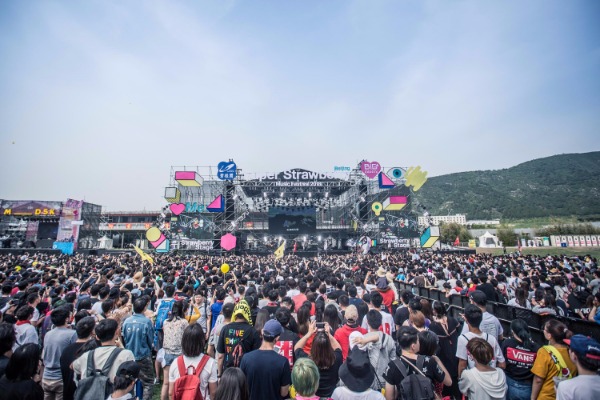 |
|
Beijing hosts China's first-ever Grammy Festival on April 30.[Photo provided to China Daily] |
In February QQ Music signed a deal with another Chinese technology company, NetEase, to share 99 percent of all content to which they respectively hold the rights. The agreement has propelled the growing movement toward a more competitive market, in which Tencent already sub-licenses music to, among others, Alibaba Music and Taihe Music Group.
"The entire music industry in China is developing rapidly and soundly," says Tencent Music Entertainment Group's vice president, Andy Ng.
"The copyright protection environment has greatly improved, users' awareness of the value of music is also greatly strengthened and high-quality music is emerging from Chinese artists. We believe that 2018 will see another significant turning point for Chinese music, and it will play an increasingly important role on the world stage."
Ng says consumers are heading toward the model of paid online streaming, and that Tencent's future "lies with fans not only listening to music, but also watching video, singing along and even creating their own music to share. Music is at the core of what we do, but we are building a pan-music entertainment ecology".
Adam Granite, Universal Music Group's executive vice president for market development, says: "There is considerable focus now on the evolution of the Chinese music market. It's impossible not to be excited at the opportunity, although it will take time and concerted effort to move a significant part of the population onto paid services."
Paying for online streaming and downloading legal music has been a contentious issue among online among consumers.